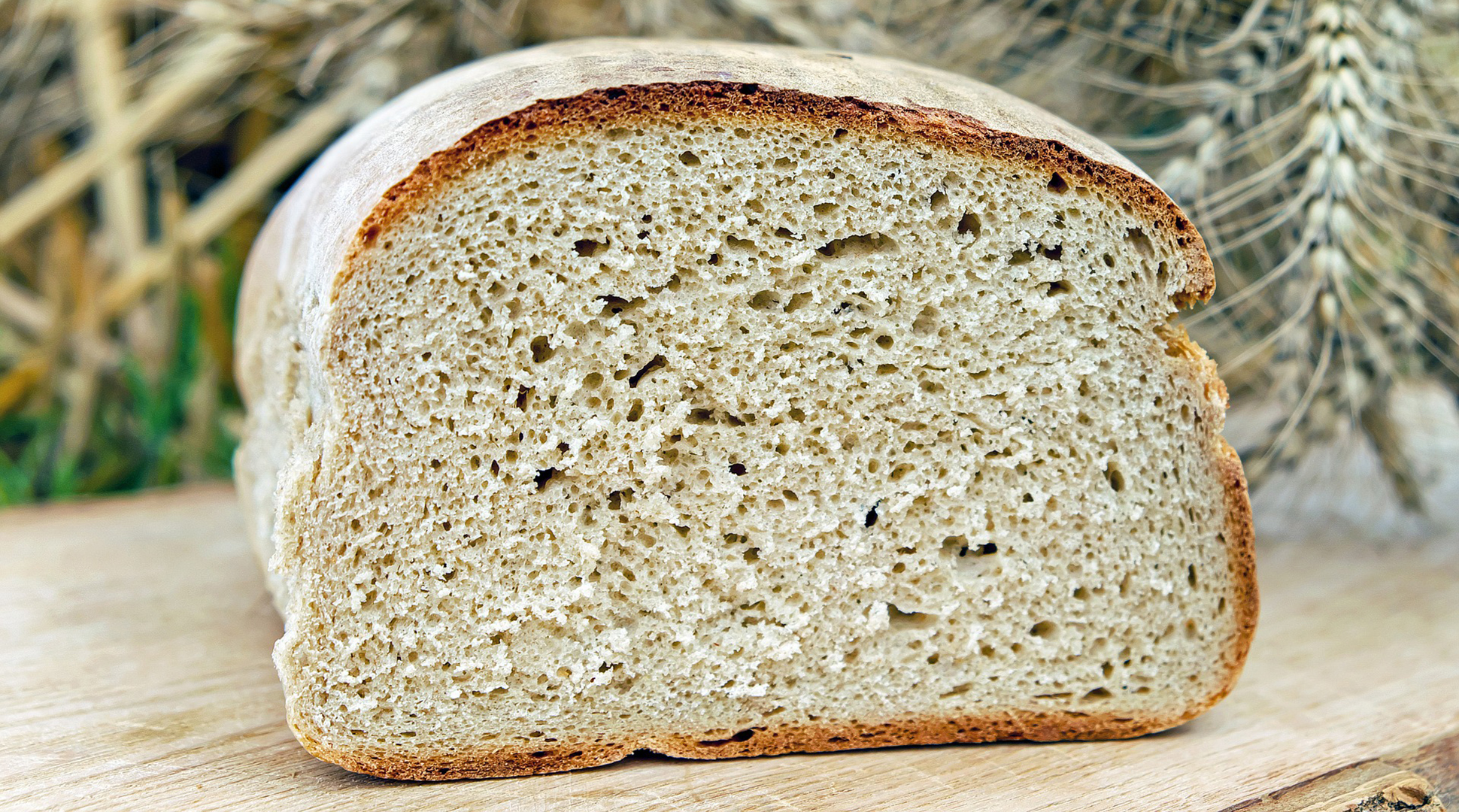By David Warmflash for The Genetic Literacy Project
The idea of controlling carbohydrate consumption has been bouncing around the world of diets and medicine for nearly 100 years. The concept was introduced in the 1920s as a treatment for childhood epilepsy based on the idea that such a diet mimics starvation. Proponents suggested it would dampen electrical activity in the brain.
Since then, a variety of diets have proposed carb avoidance. Among the more notable examples are the Atkins diet that began in the early 1970s and the more recent ketogenic diet popular today. That’s why low carb options are abundant in restaurants, grocery stores, hospitals and pretty much anywhere that food is sold.
The merits and drawbacks of carb cutting appear intermittently in popular culture. So it’s no surprise that the topic is in the news again, this time due to the publication of a study of more than 15,000 subjects, run by researchers at Brigham and Women’s Hospital and Harvard University in Boston, and published in the prestigious journal The Lancet. The new study revealed something that really should not be surprising, namely that a middle ground approach is healthier than either extreme, meaning consuming carbs in excess but also not consuming enough.
The study showed that reducing carbohydrate intake is not helpful — in fact it is harmful — if one replaces those lost calories with animal protein and fat. And yet, reducing carbs can be helpful if one adopts a vegan diet. That is a lot do swallow all at once — excuse the pun — but while the Harvard study is high quality it comes about 100 years into an era in which low carb diets of different forms have been studied frequently, generating a plethora of conflicting results.
Read the rest of the post on The Genetic Literacy Project site.
